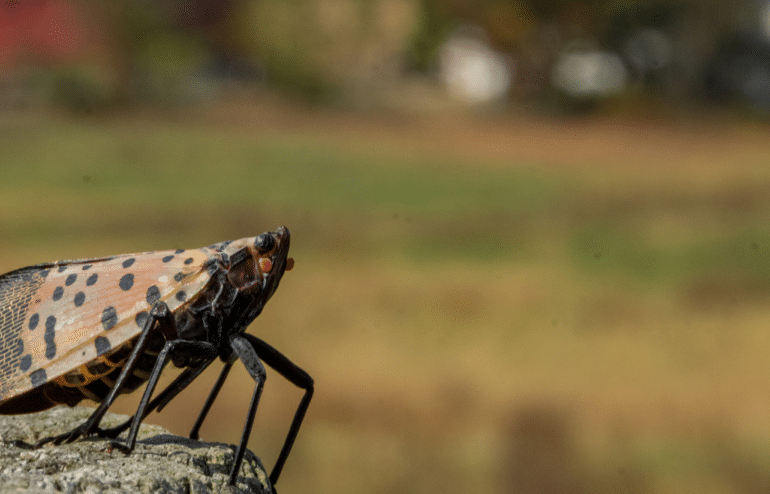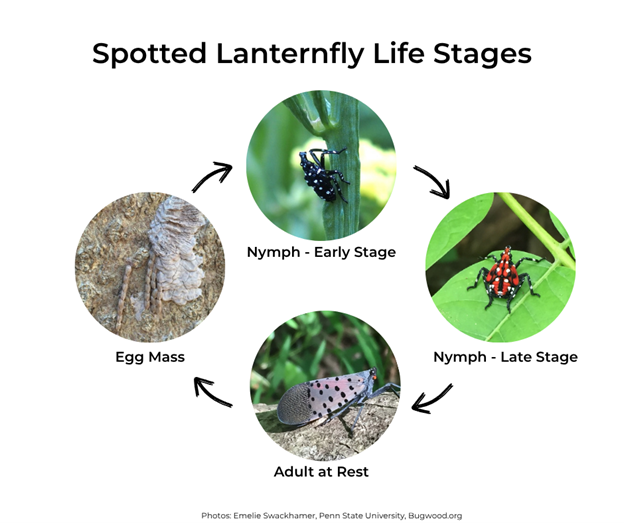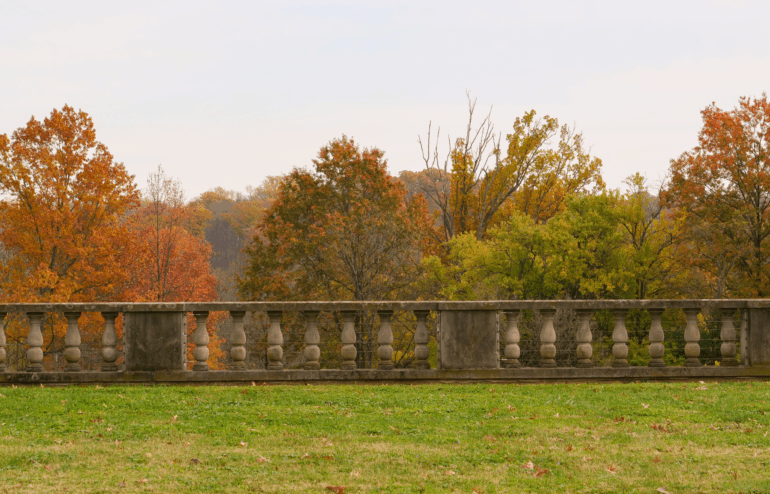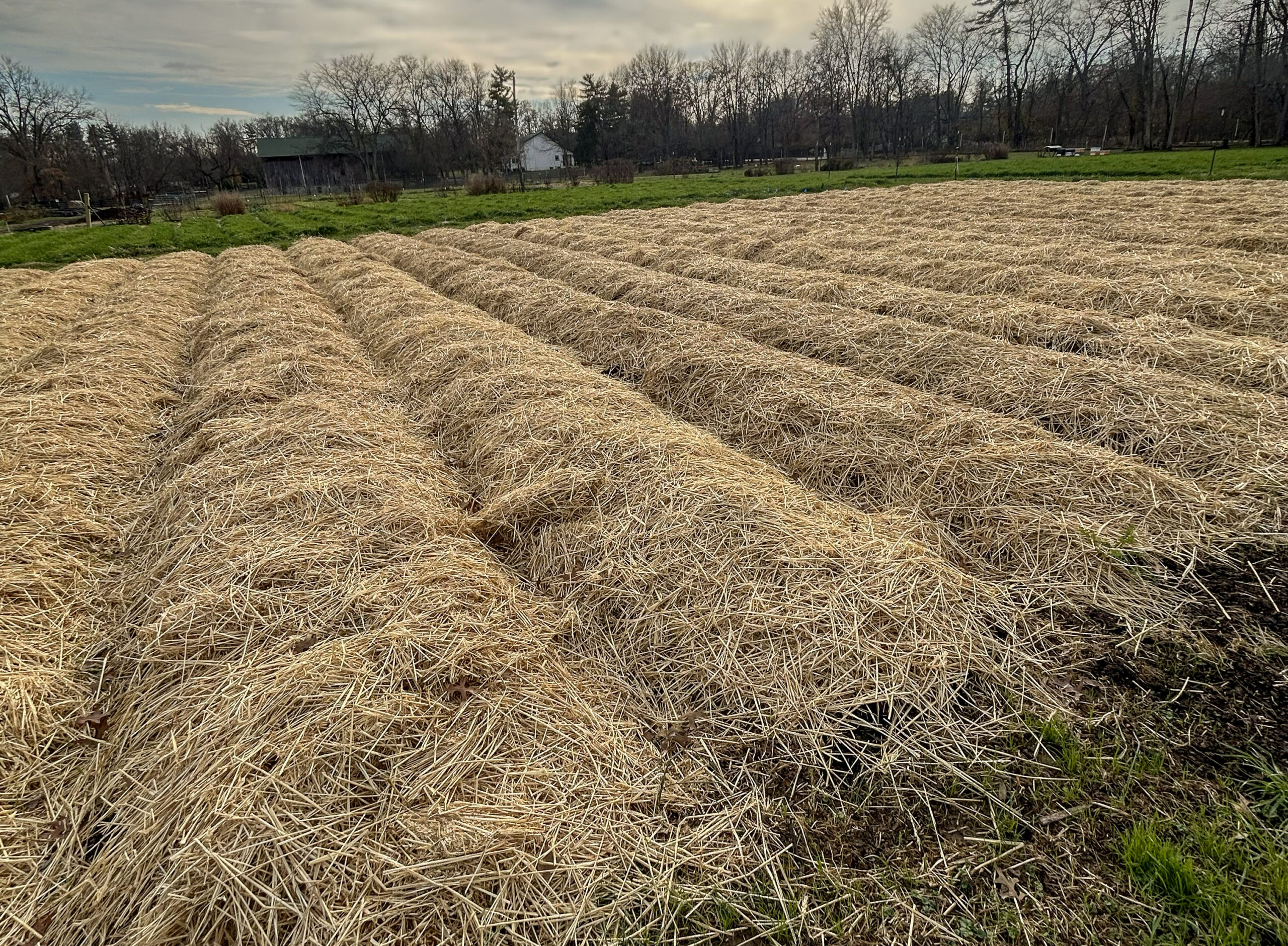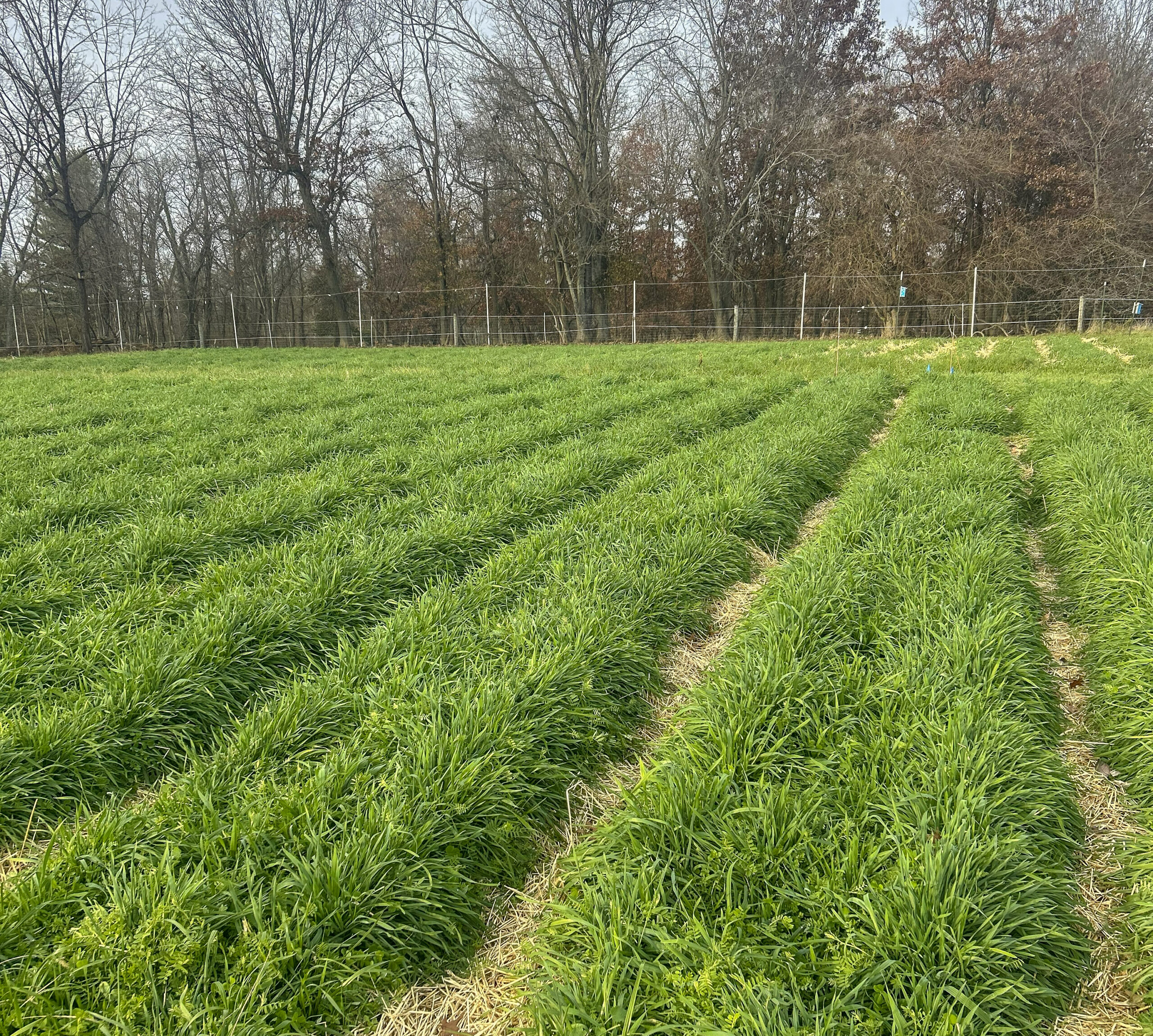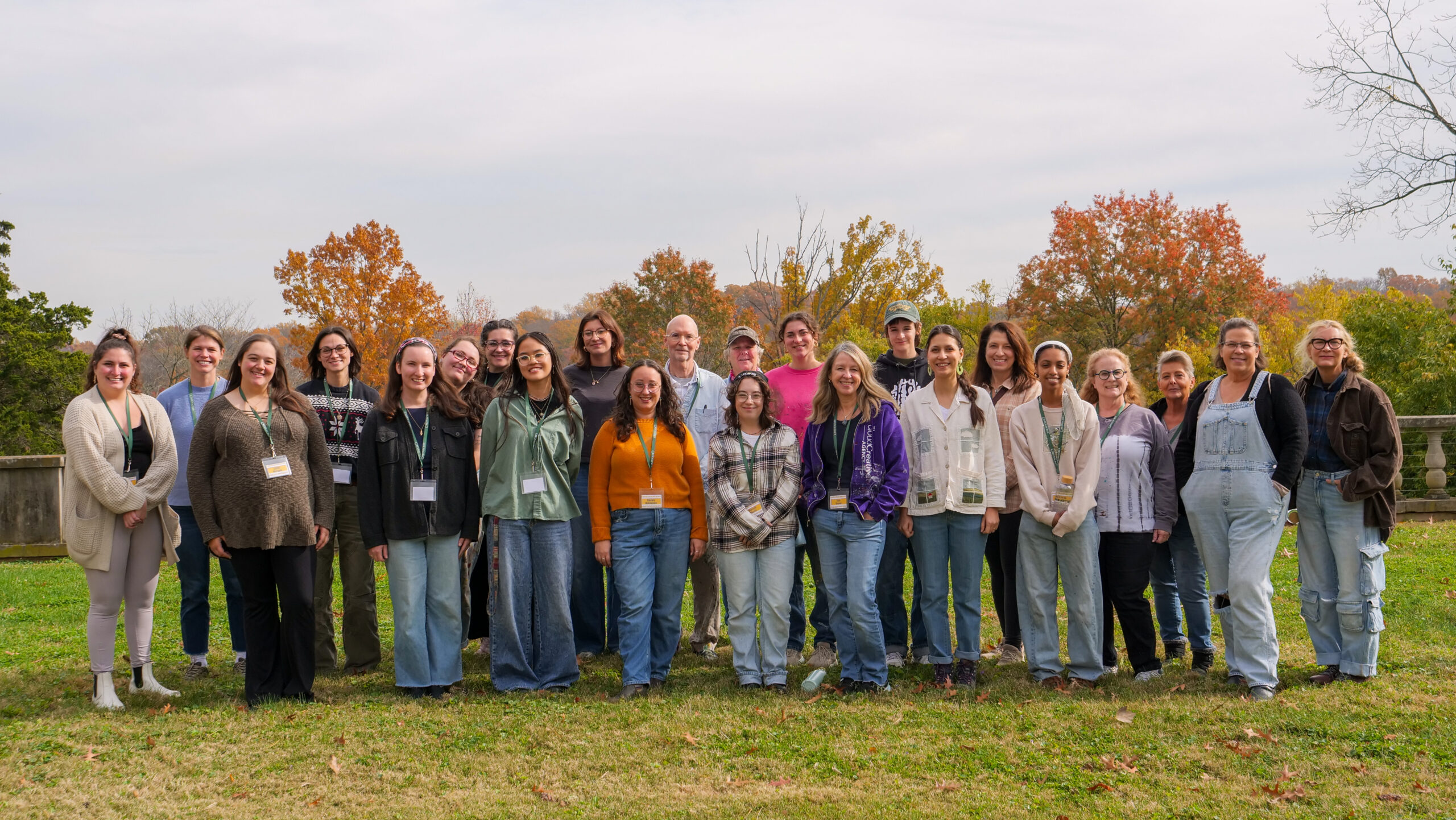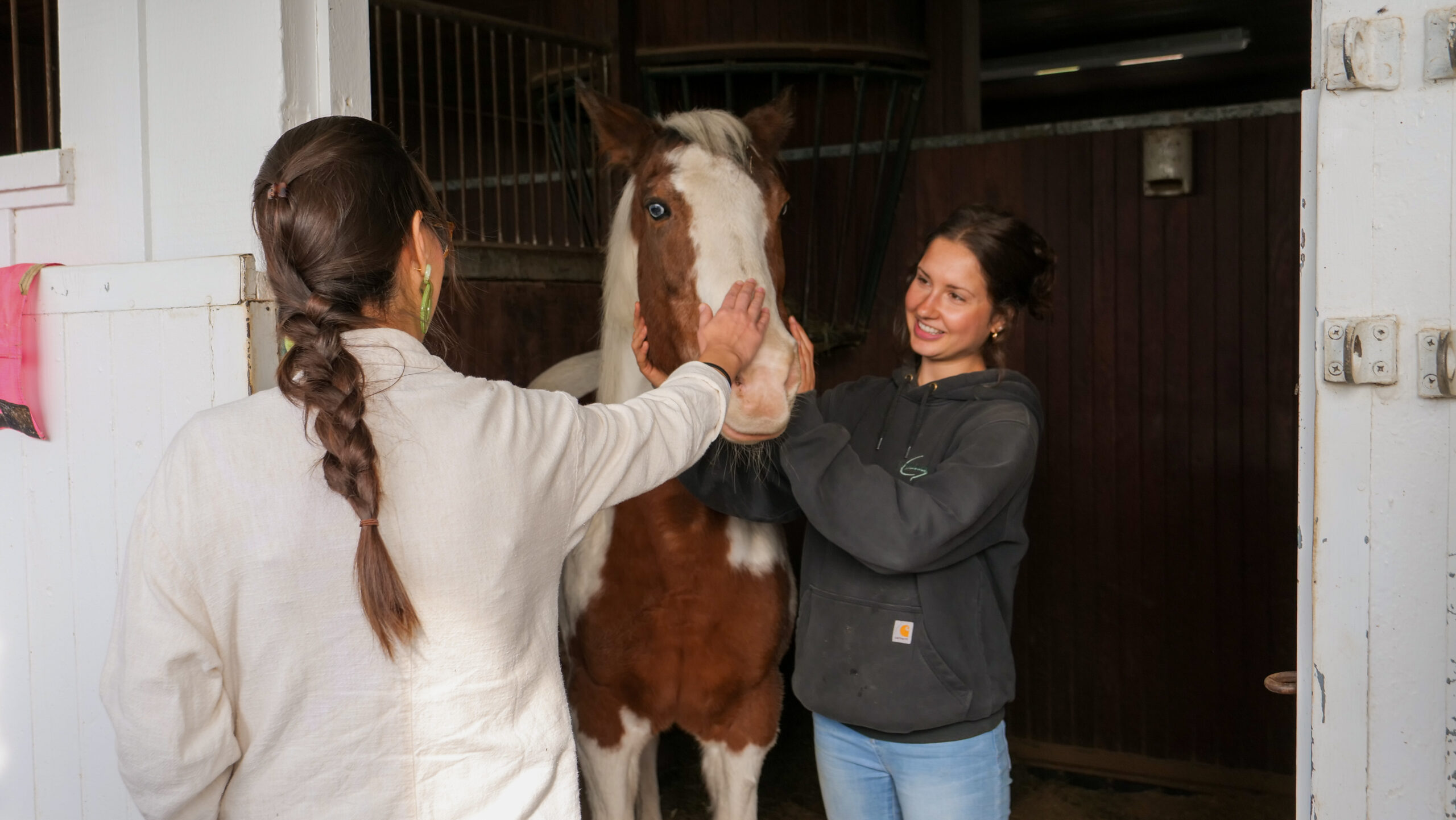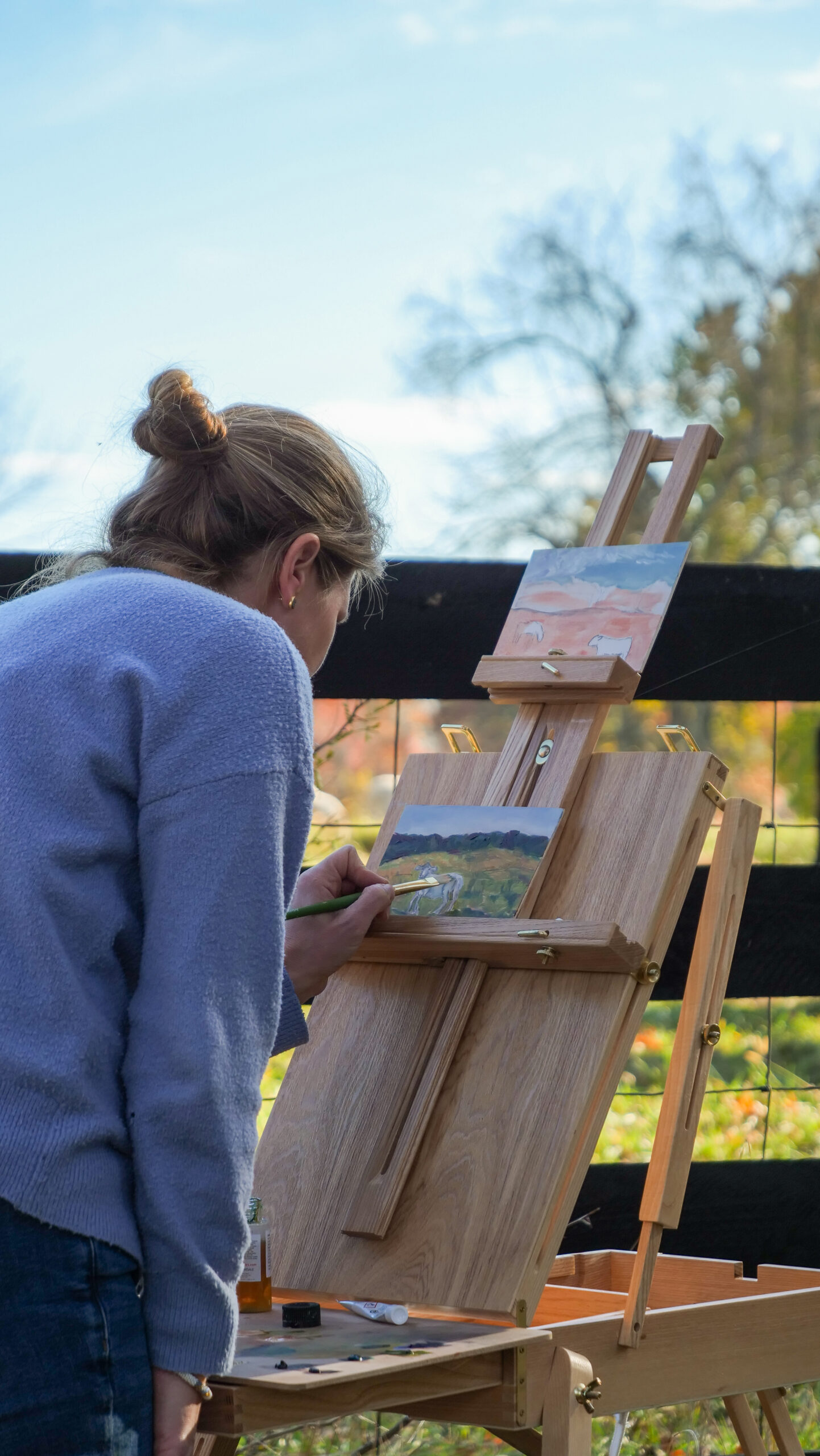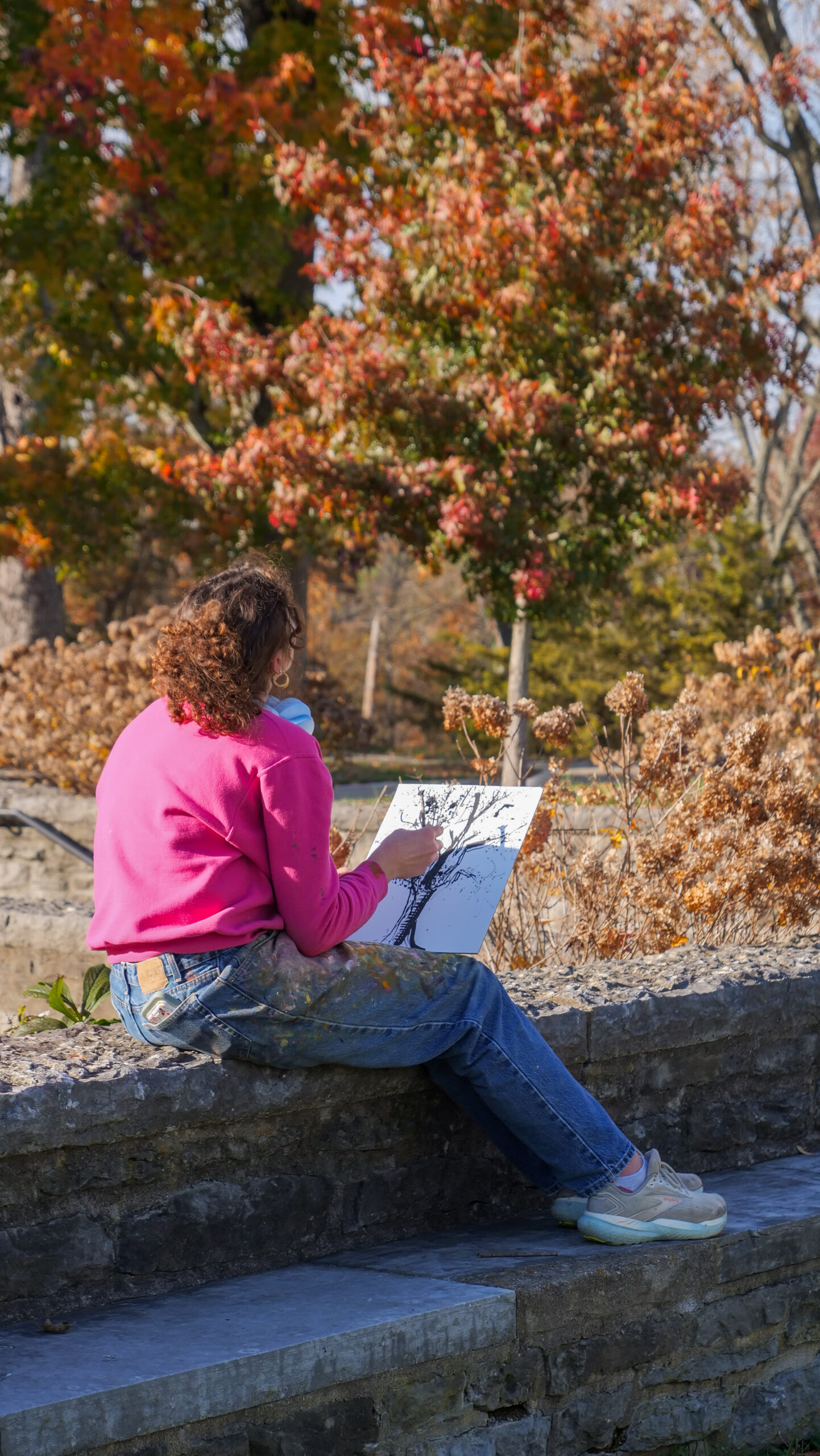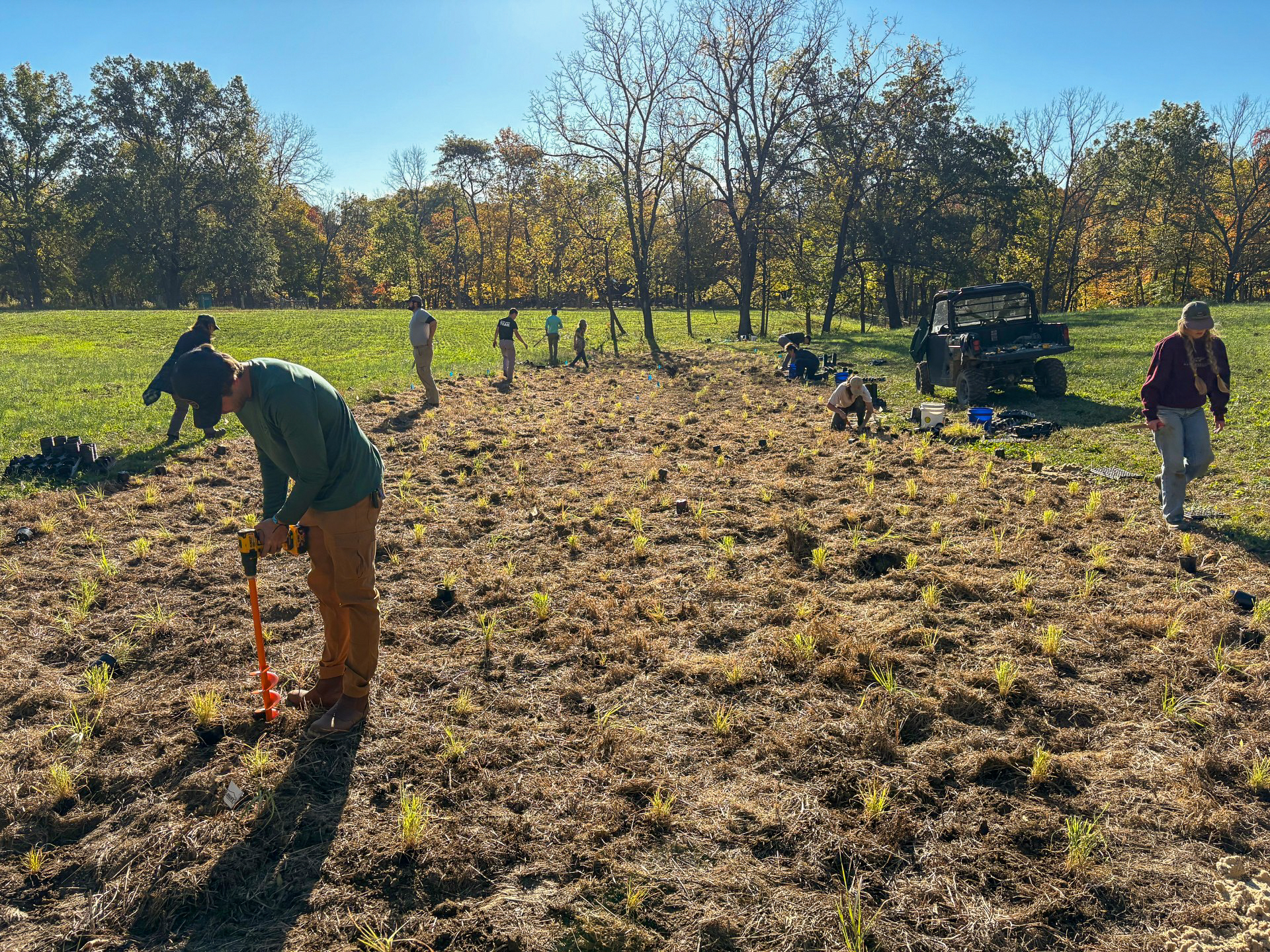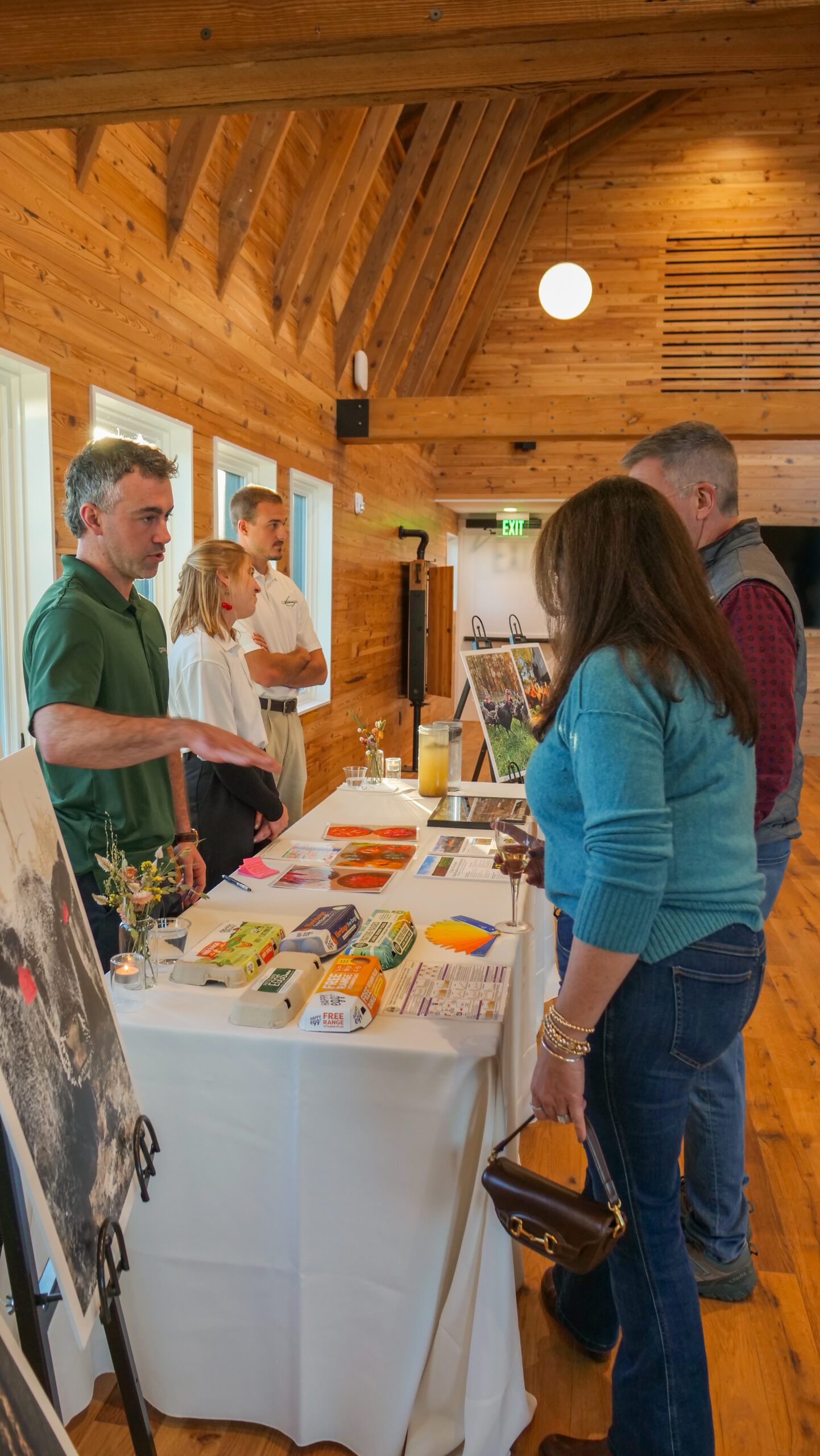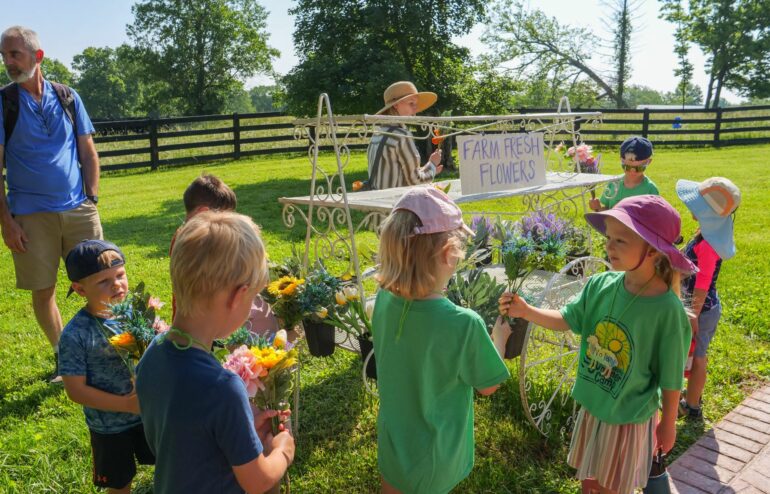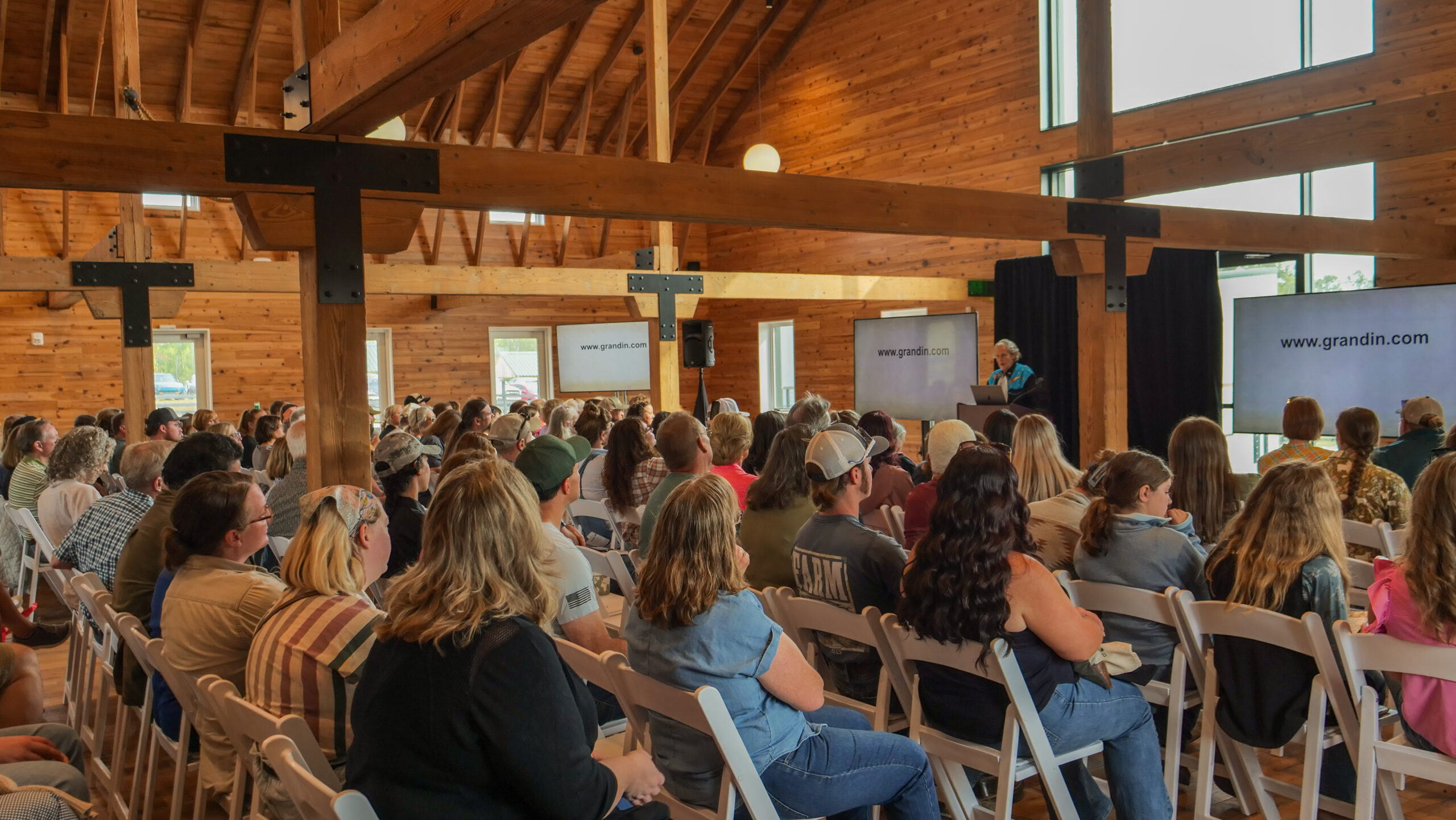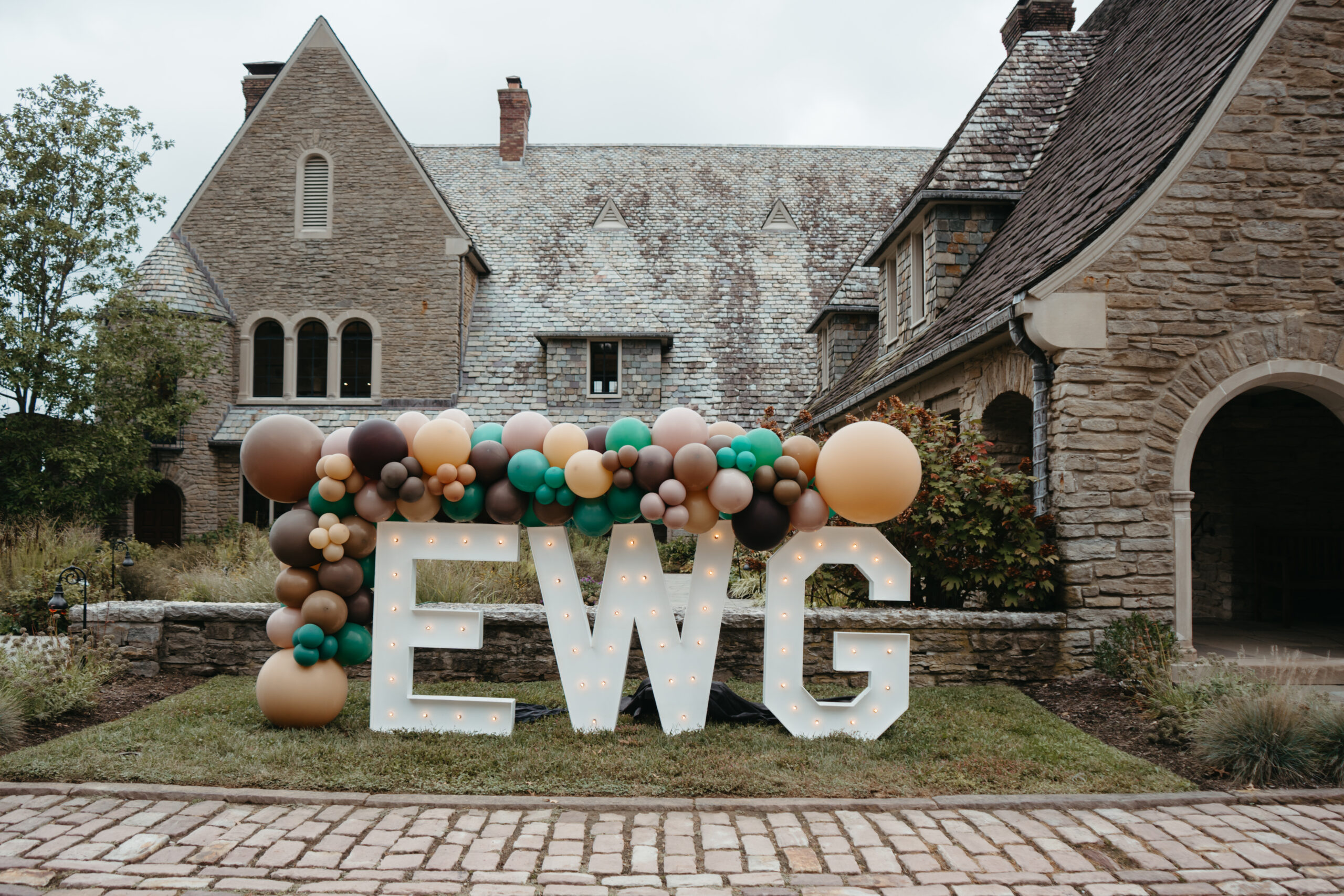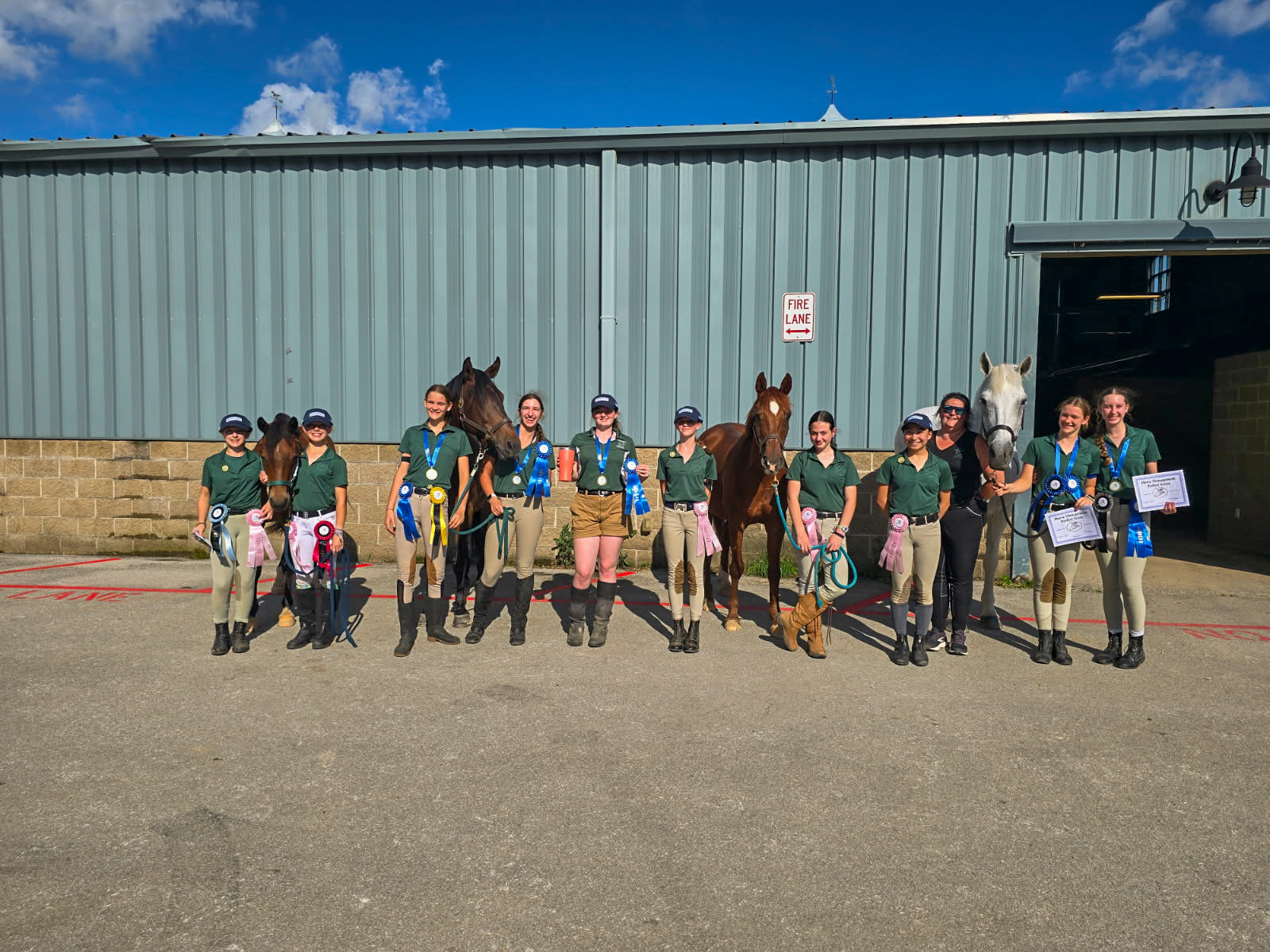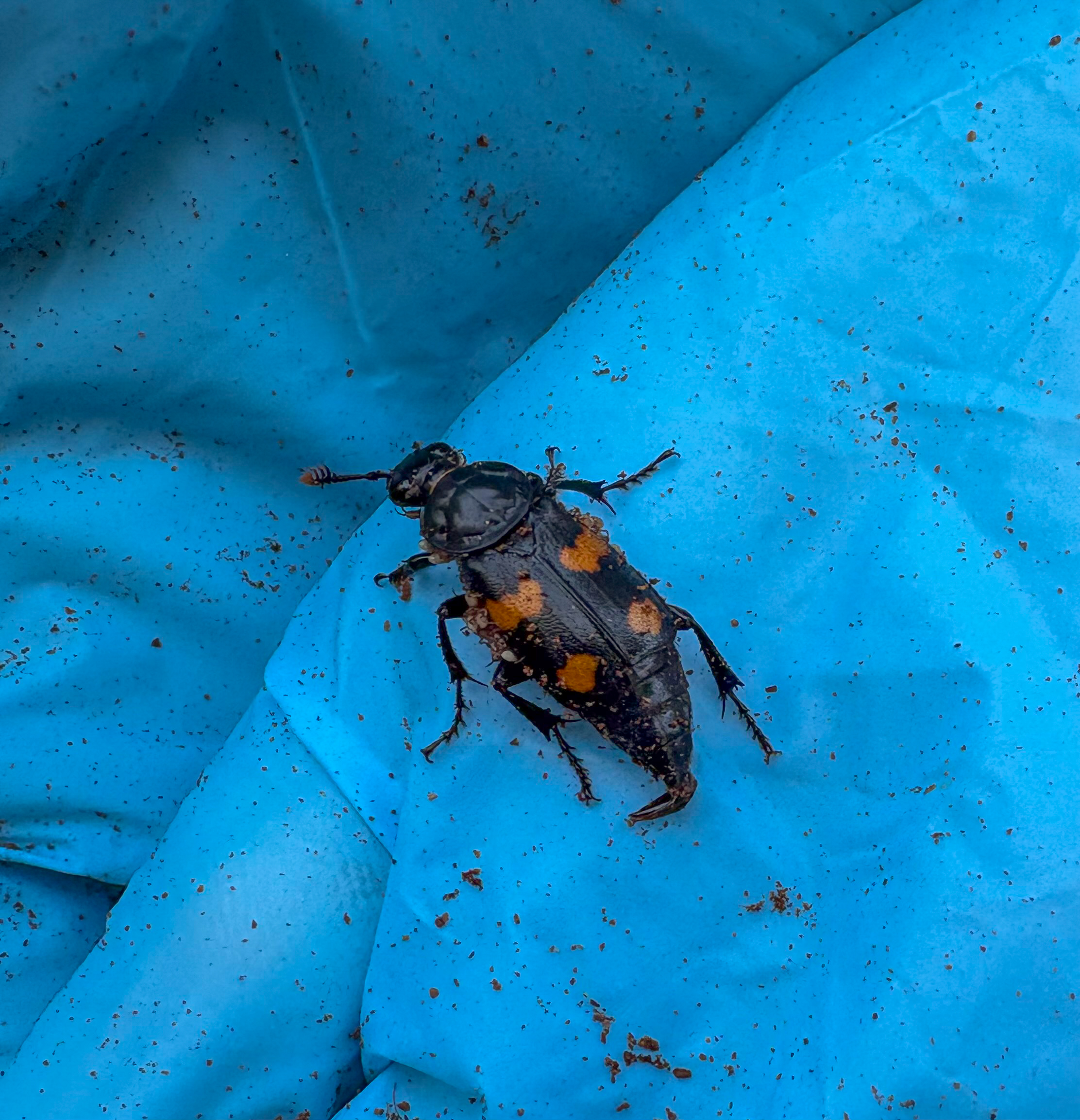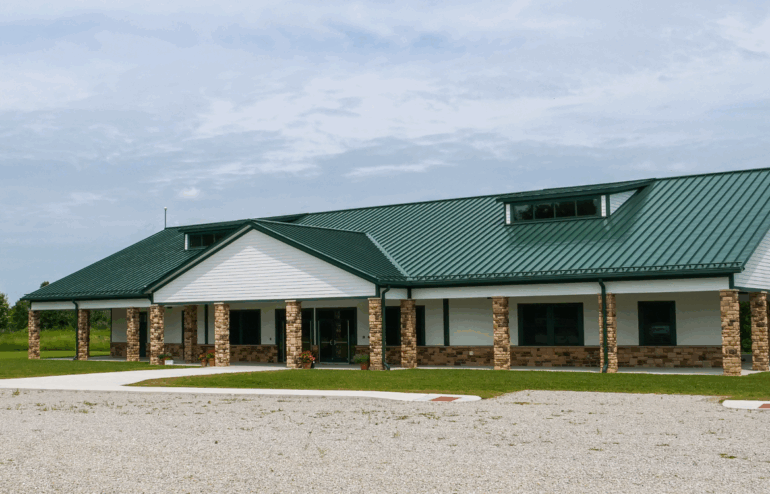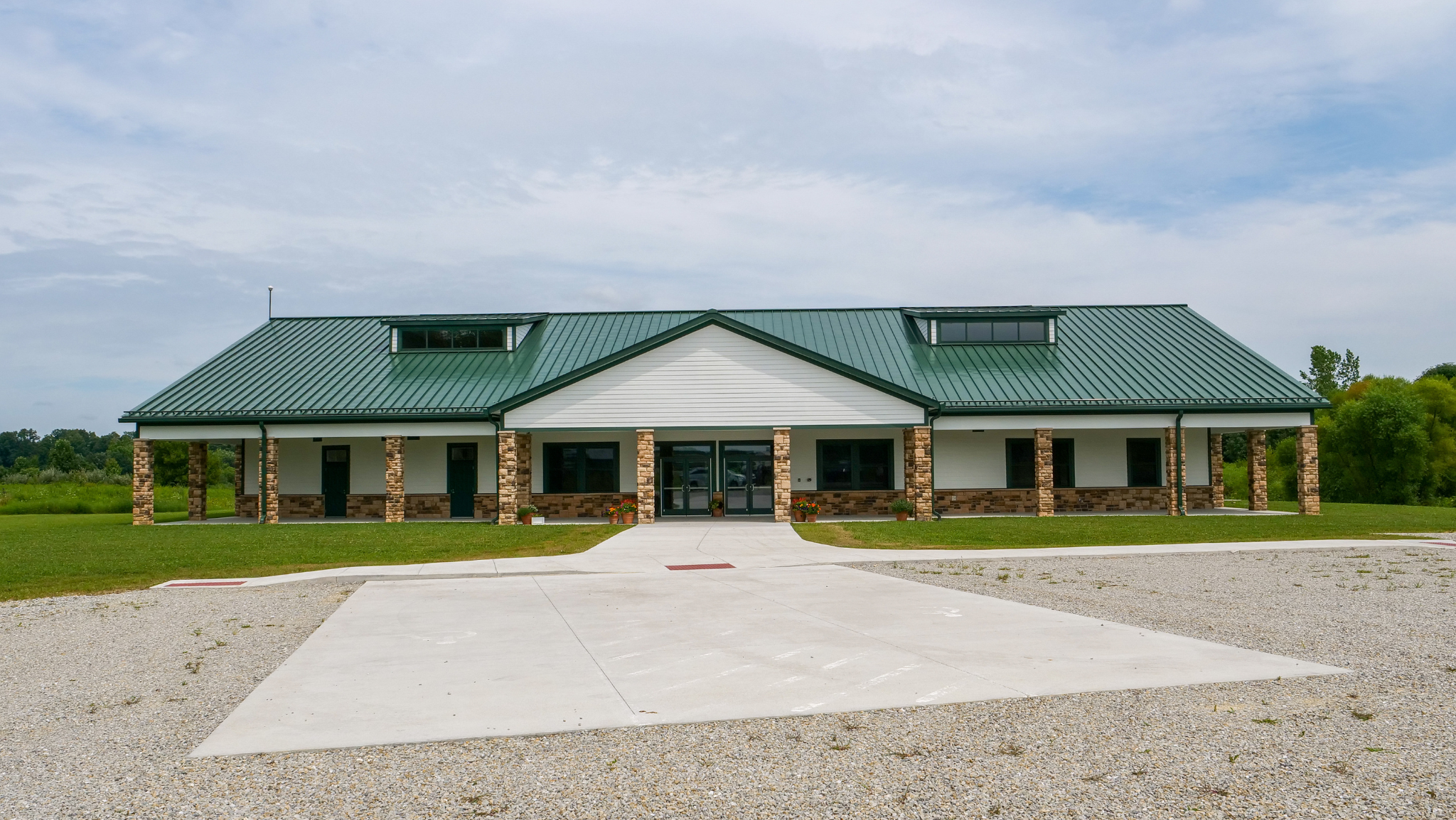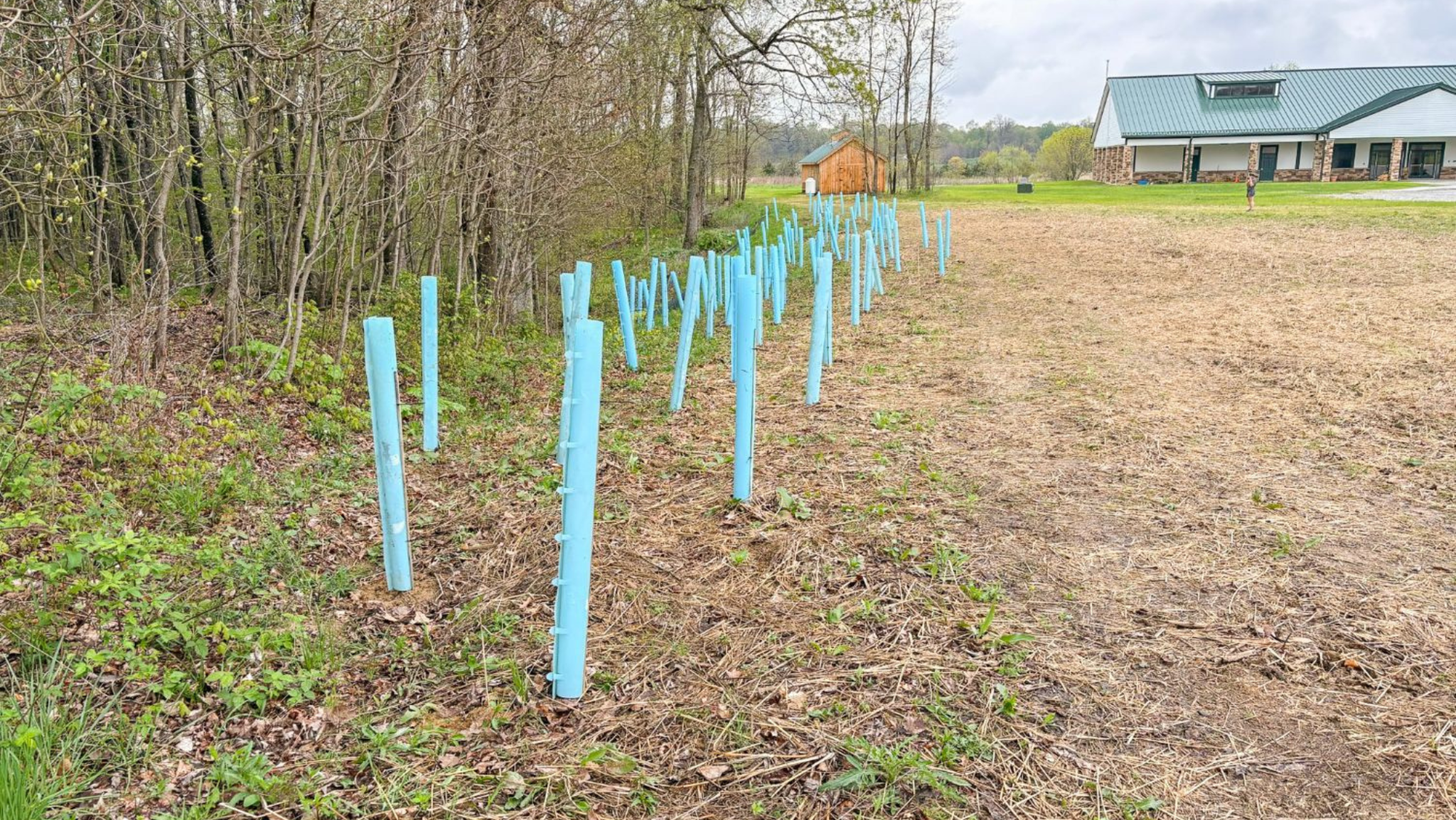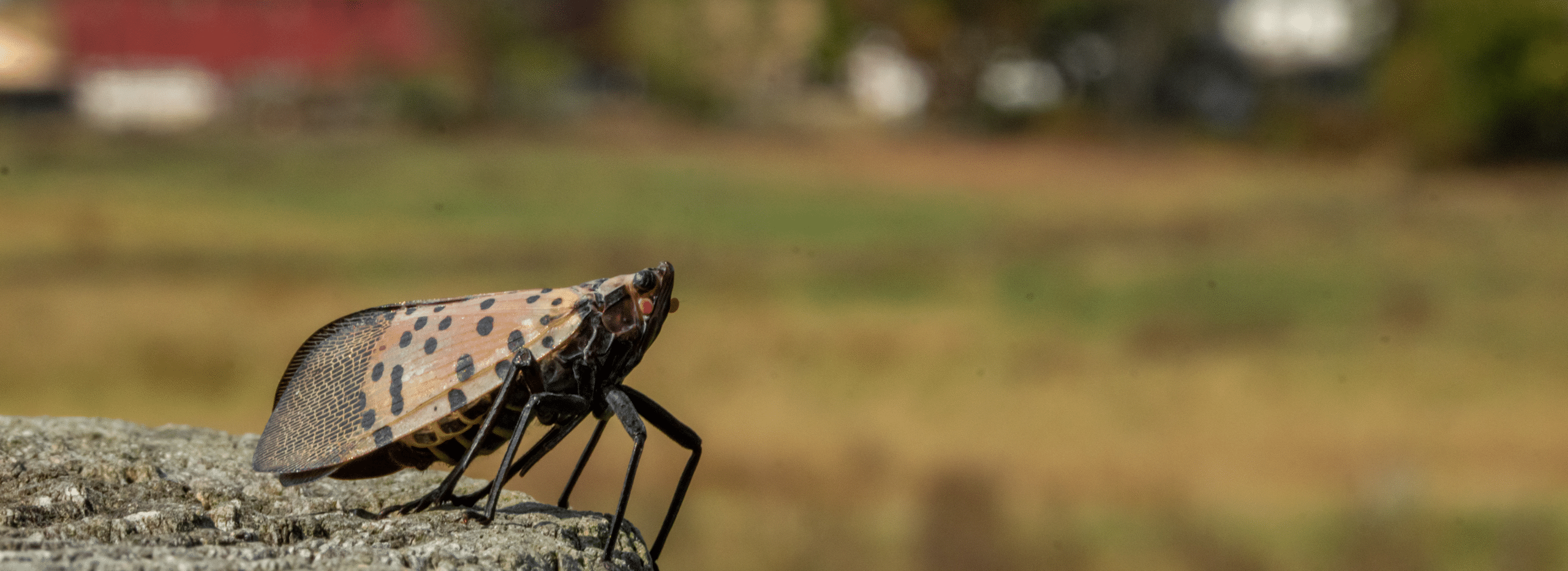
Statewide Quarantine Issued for Invasive Spotted Lanternfly
On February 17, 2026, the Ohio Department of Agriculture (ODA) issued a statewide quarantine for the invasive spotted lanternfly (Lycorma delicatula). As part of this quarantine, trees and nursery stock must be inspected for the insect before they are transported out of Ohio.
The spotted lanternfly was first documented in the United States in Pennsylvania in 2014 and has continued to spread across the eastern states. The insect was first detected in Ohio in 2020 and confirmed in Hamilton County in 2022. It is now considered fully established in the region.
Spotted lanternflies can spread easily because their egg masses are often laid on movable surfaces, including railroad cars, vehicles, and outdoor equipment. When these items are transported, the insects can be carried to new locations.
Because of their growing presence in the region, we expect to see more spotted lanternflies at Greenacres and throughout Indian Hill this coming summer.
What Can You Do
Residents can help reduce the spread of this invasive insect by learning to recognize and remove it at different stages of its life cycle.
-
-
-
Scrape and destroy egg masses found on trees, outdoor furniture, vehicles, or other surfaces
-
Squish nymphs or adult lanternflies when you see them
-
Check outdoor equipment and materials before moving them to another location
-
-
The Ohio Department of Agriculture is no longer asking residents to report sightings, as the insect is now established in the state.
Learn More
If you would like to learn how to identify spotted lanternflies and understand their impact on local ecosystems, visit these related Greenacres articles:
These resources provide additional information about identification, life stages, and the relationship between spotted lanternflies and the invasive Tree of Heaven, one of their preferred host plants.

